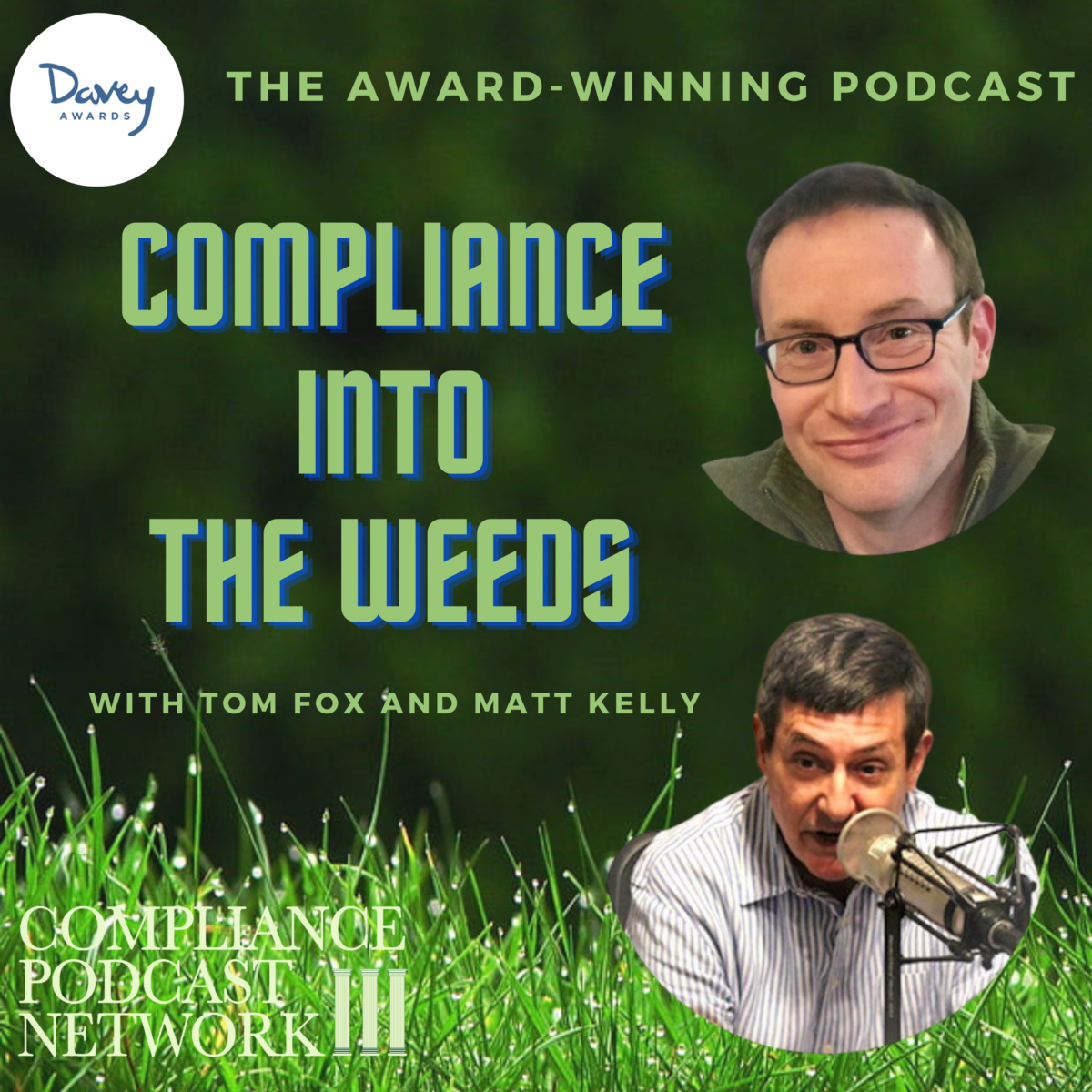The award-winning Compliance into the Weeds is the only weekly podcast that takes a deep dive into a compliance-related topic, literally going into the weeds to more fully explore a subject. Looking for some hard-hitting insights on compliance? Look no further than Compliance into the Weeds! In this episode, Tom and Matt look at the recent ACFE publication of its 2024 Anti-Fraud Technology Benchmarking Report and what it means for compliance professionals.
The ACFE 2024 Antifraud Technology Benchmarking report unveils an intriguing shift towards the use of AI in antifraud analytics, with a significant 83% of respondents planning to adopt generative AI in the coming years. However, the report also highlights a gap in current practices, with only a quarter of organizations utilizing analytics for corruption and bribery detection. Tom views this report as a crucial tool for understanding the evolving landscape of fraud detection. He emphasizes the importance of staying ahead of technological advancements and the potential risks of not having sophisticated tools for managing fraud investigations.
Similarly, Matt underscores the report’s insights into the challenges faced by antifraud professionals. He stresses the importance of aligning analytical capabilities with manpower resources and the critical role of experienced professionals in managing complex issues like bribery and corruption. Both perspectives highlight the need for a strategic blend of technology and human expertise in the ever-evolving world of compliance and audit.
Key Highlights:
- Generative AI Integration in Antifraud Analytics
- Generative AI Impact on Fraud Examination Trends
- AI’s Role in Fraud Detection and Compliance
- Detecting Financial Fraud Through Advanced Analytics
Resources:
Matt on Radical Compliance
Tom






